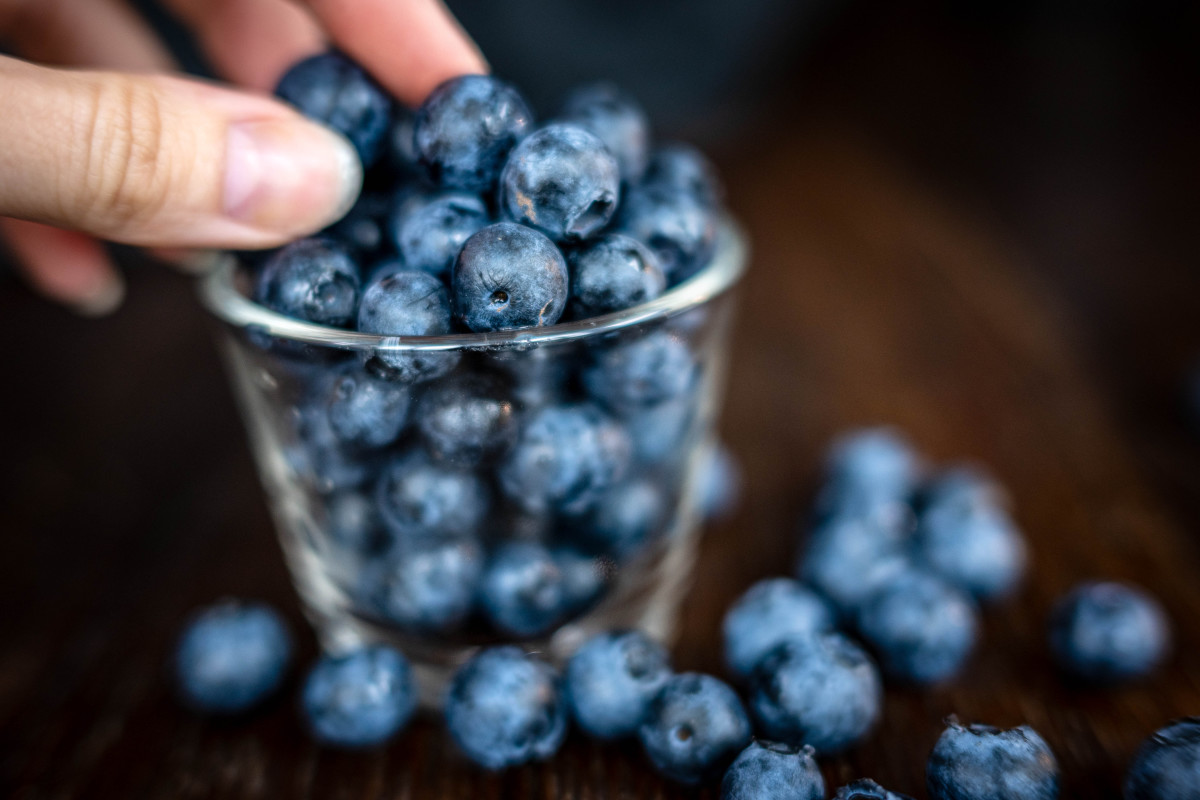
Did you know that blueberries can sometimes carry harmful bacteria? Recently, the FDA issued a recall on blueberries due to a potential Listeria contamination. This recall has raised many questions and concerns among consumers. What exactly is Listeria, and how does it affect our food? Listeria is a type of bacteria that can cause serious infections, especially in pregnant women, newborns, older adults, and people with weakened immune systems. Why are blueberries being recalled? The recall was prompted after routine testing found traces of Listeria in certain batches. What should you do if you have these blueberries at home? It's crucial to check your blueberries and follow the FDA's guidelines to ensure your safety. This post will provide you with 25 essential facts about the FDA blueberry Listeria recall, helping you stay informed and safe.
What is the FDA Blueberry Listeria Recall?
The FDA Blueberry Listeria Recall has raised concerns among consumers and health officials alike. This recall involves blueberries potentially contaminated with Listeria, a harmful bacteria. Let's dive into some key facts about this recall and what it means for you.
-
The recall was initiated after routine testing found Listeria monocytogenes in a batch of blueberries.
-
Listeria monocytogenes can cause serious infections, especially in young children, elderly people, and those with weakened immune systems.
-
Symptoms of Listeria infection include fever, muscle aches, nausea, and diarrhea.
-
Pregnant women are particularly at risk, as Listeria can lead to miscarriage, stillbirth, or severe infection in newborns.
How Did the Contamination Happen?
Understanding how contamination occurs helps prevent future incidents. Here are some insights into how Listeria might have contaminated the blueberries.
-
Contamination can occur at any point from the farm to the table, including during harvesting, processing, or packaging.
-
Listeria thrives in moist environments, making it a common contaminant in food processing facilities.
-
Inadequate cleaning and sanitation practices in processing plants can lead to Listeria growth.
-
Cross-contamination from other foods or surfaces can also introduce Listeria to blueberries.
What Actions Has the FDA Taken?
The FDA has specific protocols to handle food recalls. Here's what they have done in response to the blueberry Listeria contamination.
-
The FDA issued a public health alert to inform consumers about the potential risk.
-
Affected products were quickly removed from store shelves to prevent further sales.
-
The FDA is working with the producer to identify the source of contamination and implement corrective actions.
-
Regular inspections and testing are being conducted to ensure compliance with food safety standards.
What Should Consumers Do?
If you have purchased blueberries recently, here's what you need to know to stay safe.
-
Check the packaging for any recall notices or batch numbers that match the recall information.
-
If you have blueberries that are part of the recall, do not consume them. Return them to the place of purchase for a refund.
-
Wash your hands and any surfaces that may have come into contact with the recalled blueberries.
-
Stay informed by following updates from the FDA and other health authorities.
How to Prevent Listeria Contamination at Home
While the recall is concerning, there are steps you can take to minimize the risk of Listeria contamination in your own kitchen.
-
Always wash fruits and vegetables thoroughly before eating or cooking them.
-
Keep your refrigerator clean and maintain it at a temperature below 40°F (4°C).
-
Separate raw foods from ready-to-eat foods to avoid cross-contamination.
-
Use separate cutting boards for raw meats and produce.
What Are the Long-Term Implications?
Food recalls can have lasting effects on both consumers and the food industry. Here’s what to consider.
-
Recalls can damage consumer trust in brands and products.
-
Companies involved in recalls may face financial losses and legal consequences.
-
Increased scrutiny and regulation may follow to prevent future contamination.
-
Consumers may become more vigilant about food safety and handling practices.
-
The recall highlights the importance of robust food safety systems and the need for continuous improvement.
Understanding these facts can help you navigate the FDA Blueberry Listeria Recall and make informed decisions to protect your health. Stay safe and stay informed!
Staying Safe with Food Recalls
Food recalls, like the recent FDA blueberry listeria recall, highlight the importance of staying informed. Always check the FDA's website for updates on recalls. If you have any recalled products, don't consume them. Instead, return them to the store or dispose of them properly. Keeping an eye on expiration dates and storage instructions can also help prevent foodborne illnesses.
Remember, listeria can be especially dangerous for pregnant women, newborns, older adults, and those with weakened immune systems. Symptoms can include fever, muscle aches, and gastrointestinal issues. If you suspect you've consumed contaminated food, contact a healthcare provider immediately.
By staying vigilant and informed, you can protect yourself and your loved ones from potential health risks. Food safety is everyone's responsibility, so let's all do our part to keep our kitchens safe.
Was this page helpful?
Our commitment to delivering trustworthy and engaging content is at the heart of what we do. Each fact on our site is contributed by real users like you, bringing a wealth of diverse insights and information. To ensure the highest standards of accuracy and reliability, our dedicated editors meticulously review each submission. This process guarantees that the facts we share are not only fascinating but also credible. Trust in our commitment to quality and authenticity as you explore and learn with us.
